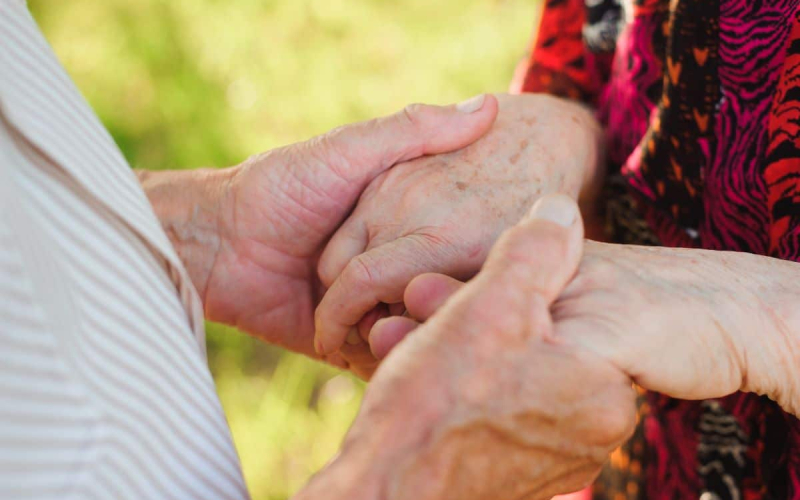By 2050, the number of adults over the age of 65 will double to 1.6 billion worldwide. This growth indicates a massive shift in the global aging population, which means there is a need to rethink our existing systems that cater to the elderly. A vast majority of older adults, for example, prefer to age in place. This refers to the desire of seniors to live independently in the residence of their choice and to participate in the community, rather than move into retirement homes.
With more older adults opting to age in place, this means that avenues for meaningful social contact must be established. Social inclusion — the active engagement of seniors in society — has a positive impact on seniors’ mortality, well-being, and life satisfaction. On the other hand, seniors’ loneliness and fallout from social isolation can lead to negative health effects, as seen in US Medicare costs for seniors reaching $6.7 billion per year.
Why Older Adults Need Socialization
According to studies on social isolation among seniors, the lack of socialization can have negative effects on physical, mental, and emotional wellness. First, supportive networks contribute substantially to a person’s functioning and health, especially as they age. Older adults face radical life changes like illness, experiences of loss, and reduced physical ability. Having a limited social network means no one is around to offer practical or emotional support.
Patterns of social isolation can also create a vicious cycle. When elderly people avoid dealing with others, their practical social knowledge declines and further reduces the possibility of turning the situation around. This poses a number of health risks related to loneliness, such as depression, decreased resistance to infection, and cognitive decline. Seniors with limited socialization are also more prone to self-neglect and increased mortality, as they have a higher risk of stroke and heart disease.
The benefits of socialization, on the other hand, have a lot of advantages. Elder patients who socialize move around more, which means they stay physically fit. Talking to friends can even inspire them to seek out necessary health screenings. In terms of cognitive health, talking to people exercises their thinking and speaking skills, while slowing down the rate of memory decline. Emotionally, having a connection to the outside world can provide greater self-esteem, reduce anxiety or stress, and decrease the risk of depression. Overall, the quality of life improves for older adults who stay socially active.
Keeping Elderly Adults Socially Active
Aging in place poses socialization challenges for elderly adults, especially if they have retired, have ailments or declining physical mobility, or lack transportation. As much as possible, seniors should be encouraged to participate in local activities; most communities host social events like game nights, gardening projects, book clubs, and outings for seniors. Even with the pandemic, technology can help older adults stay connected.
Another option is home care, which is perfect for elderly adults who need daily health assistance as they age as it provides independence. However, there is a shortage of nursing home care staff in the US; the Bureau of Labor Statistics estimates job losses of 342,000 in the direct care workforce. Furthermore, specialized care crucial for older adults who need connection is lacking. Along with general nursing home care, the demand for personal care assistants (PCA) and companion care services is more pronounced since more older adults do not have as many opportunities for socialization. The problem continues to loom because of the growing demand as the number of people seeking home care keeps increasing.
Fortunately, specialized training is becoming more accessible to professionals delivering care services. Primary care NPs with online post master’s nurse practitioner certifications can specialize in adult-gerontology, allowing them to manage seniors’ needs. They study advanced concepts related to care diagnosis and management, learning skills to provide the best care for seniors. Aside from providing medical care, a reliable NP can help older adults stay social as they age in place.
If you have a loved one working to stay independent, you may avail of the home nursing services from Accurate Home Care. Our healthcare providers are highly trained to provide up to an ICU-level of care at home, and we can work with you to build a team of healthcare professionals. Contact us today to learn more about our services.
Article submitted by Sadie McCarthy for accuratehomecare.com


